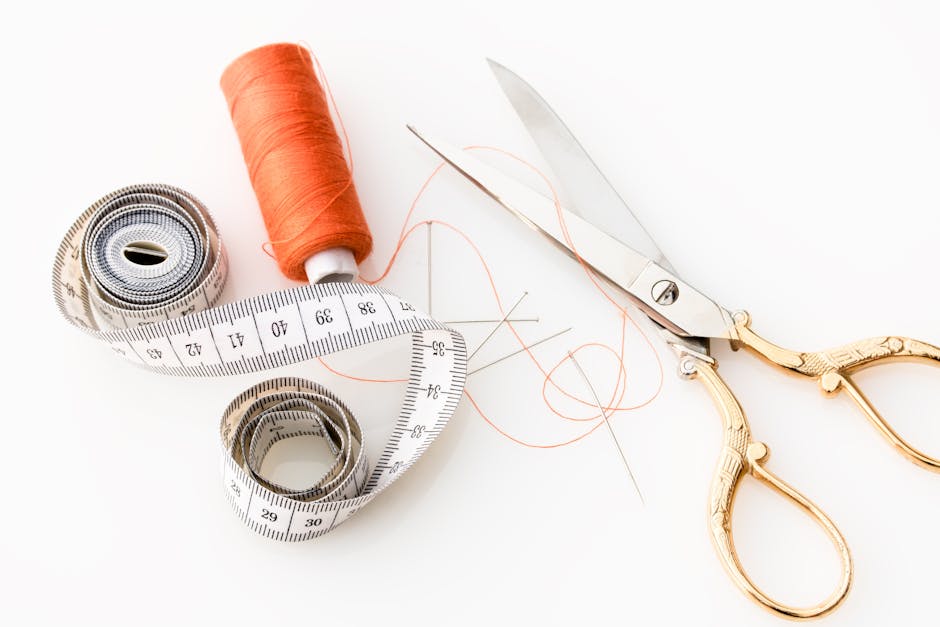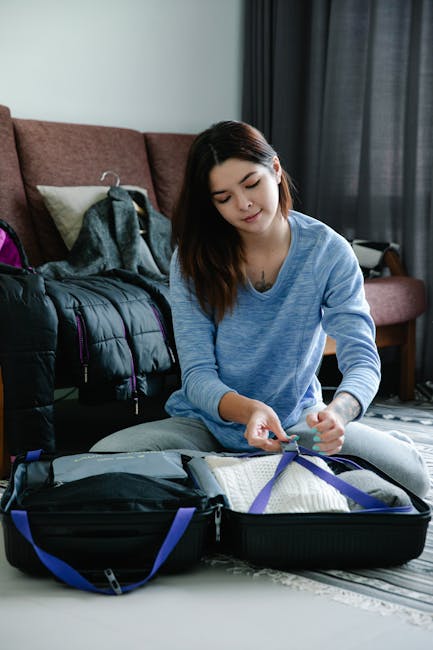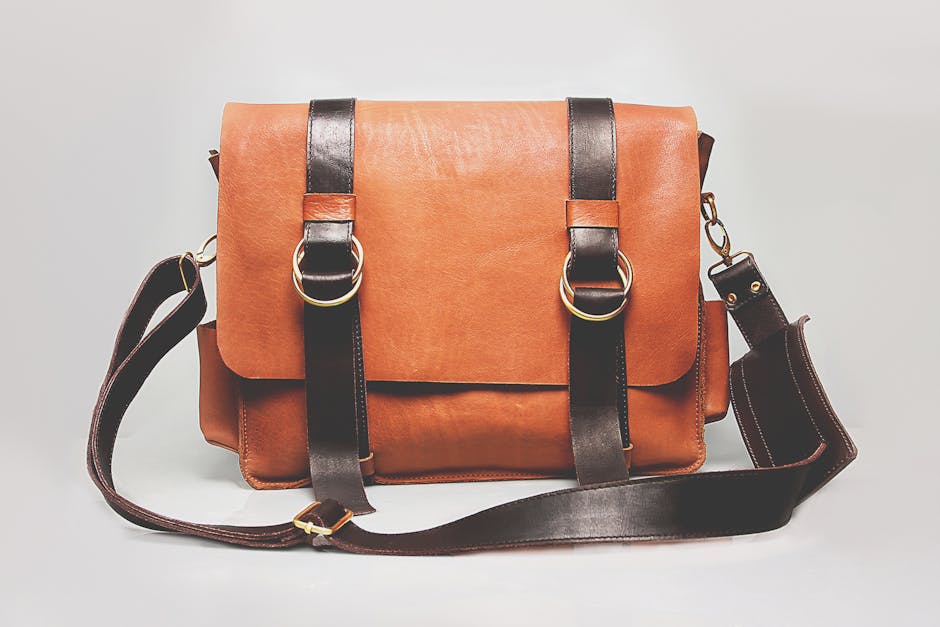The Best Tools and Supplies for Successful Upcycled Crafting
Introduction
Upcycled crafting, the art of transforming discarded materials into beautiful and functional objects, is gaining immense popularity. Not only is it a creative outlet, but it’s also a fantastic way to reduce waste and contribute to a more sustainable lifestyle. To embark on your upcycling journey, you’ll need the right tools and supplies. This guide will equip you with everything you need to create stunning upcycled projects.
Essential Tools for Upcycled Crafting
Cutting Tools
Precise cutting is often the first step in upcycling. Invest in quality tools that can handle a variety of materials.
- Scissors: A sharp pair of all-purpose scissors is a must. Consider having separate pairs for fabric, paper, and heavier materials like plastic.
- Rotary Cutter and Cutting Mat: Ideal for cutting fabric scraps into strips or squares. The rotary cutter ensures clean and precise cuts, while the cutting mat protects your work surface.
- Craft Knife (X-Acto Knife): For intricate cuts on paper, cardboard, or thin plastics. Always use a self-healing cutting mat underneath.
- Utility Knife: A sturdy utility knife is essential for cutting thicker materials like cardboard, wood, and some plastics. Be sure to use caution and always cut away from yourself.
- Tin Snips: If you plan to work with metal cans or other metal scraps, tin snips are indispensable.
- Saw (Hand Saw or Jigsaw): For upcycling wooden pallets or larger wood pieces, a hand saw or jigsaw will be necessary.
Adhesive Tools
Joining different materials requires strong and reliable adhesives.
- Hot Glue Gun and Glue Sticks: A versatile tool for quickly bonding various materials like fabric, wood, plastic, and paper.
- Craft Glue (e.g., Mod Podge): Excellent for decoupage, sealing paper, and general crafting purposes.
- Epoxy: For strong, permanent bonds between dissimilar materials like metal and glass, or plastic and wood.
- Super Glue (Cyanoacrylate): Use with caution for small, quick repairs.
- Fabric Glue: Specifically designed for bonding fabric without sewing.
Fastening Tools
Sometimes, adhesives aren’t enough, and you’ll need mechanical fasteners.
- Staple Gun: Useful for upholstery projects or attaching fabric to wood.
- Hammer and Nails: For securing wood pieces together.
- Screwdriver Set: Essential for assembling furniture or attaching hardware.
- Drill and Drill Bits: For creating holes for screws or other fasteners.
Measuring and Marking Tools
Accuracy is key to successful upcycling projects.
- Ruler and Tape Measure: For precise measurements.
- Pencils and Markers: For marking cut lines and adding details. Consider erasable fabric markers for textiles.
- Set Square or Triangle: For ensuring right angles.
- Compass: For drawing circles and curves.
Finishing Tools
The final touches can make all the difference.
- Sandpaper: For smoothing rough edges and preparing surfaces for painting.
- Paintbrushes and Rollers: For applying paint, varnish, or sealant.
- Spray Paint: For quick and even coverage, especially on oddly shaped objects.
- Sealers and Varnishes: To protect and enhance the finished product.
Essential Supplies for Upcycled Crafting
Textiles and Fabrics
Repurpose old clothing, linens, and fabric scraps.
- Old Clothing: Jeans, t-shirts, sweaters, and dresses can be transformed into quilts, bags, or decorative items.
- Fabric Scraps: Perfect for patchwork, applique, and small crafting projects.
- Linens: Old sheets, towels, and curtains can be repurposed into cushion covers, bags, or table runners.
Paper and Cardboard
Give new life to newspapers, magazines, and cardboard boxes.
- Newspapers and Magazines: Use for decoupage, paper beads, or paper mache projects.
- Cardboard Boxes: Transform into storage containers, organizers, or even furniture.
- Wrapping Paper and Gift Bags: Recycle into gift tags, cards, or decorative elements.
Glass and Plastic
Turn empty bottles and containers into functional and decorative items.
- Glass Bottles and Jars: Repurpose into vases, candle holders, or storage containers.
- Plastic Bottles and Containers: Transform into planters, organizers, or decorative sculptures.
- CDs and DVDs: Create mosaics, jewelry, or decorative items.
Metal and Wood
Repurpose metal cans, scraps, and wood pallets.
- Metal Cans: Turn into planters, organizers, or decorative lanterns.
- Wood Pallets: Transform into furniture, wall art, or garden planters.
- Scrap Wood: Use for small crafting projects, frames, or decorative accents.
Miscellaneous Supplies
Don’t forget these often overlooked essentials.
- Buttons, Beads, and Sequins: For adding embellishments and decorative details.
- Yarn and Thread: For knitting, crocheting, and sewing.
- Ribbon and Lace: For adding decorative accents and trims.
- Paint, Stain, and Varnish: For finishing and protecting your projects.
Conclusion
With the right tools and supplies, the possibilities for upcycled crafting are endless. By embracing creativity and resourcefulness, you can transform discarded materials into unique and valuable creations. Remember to prioritize safety and always choose materials that are suitable for your skill level. Happy upcycling!














Post Comment